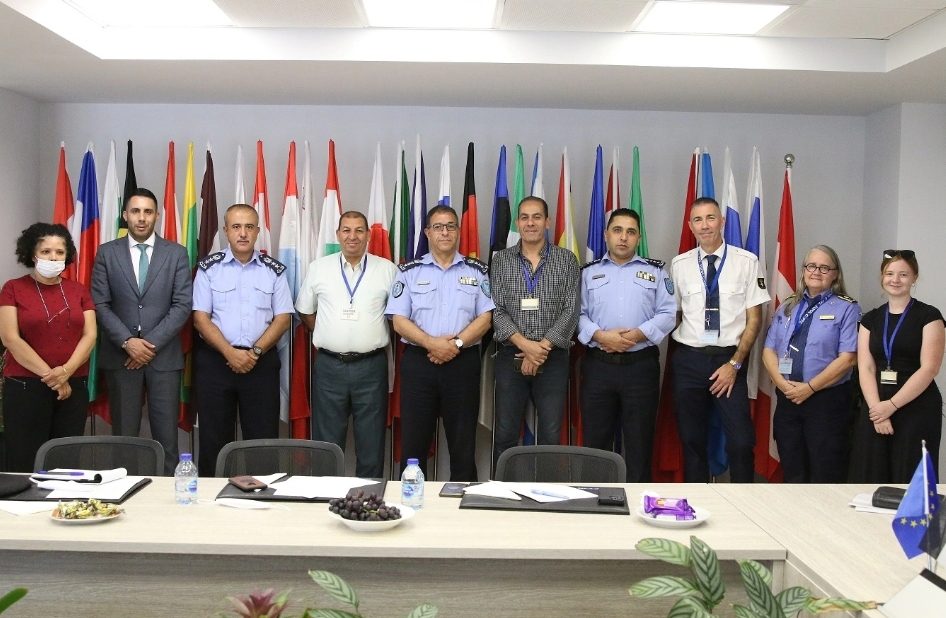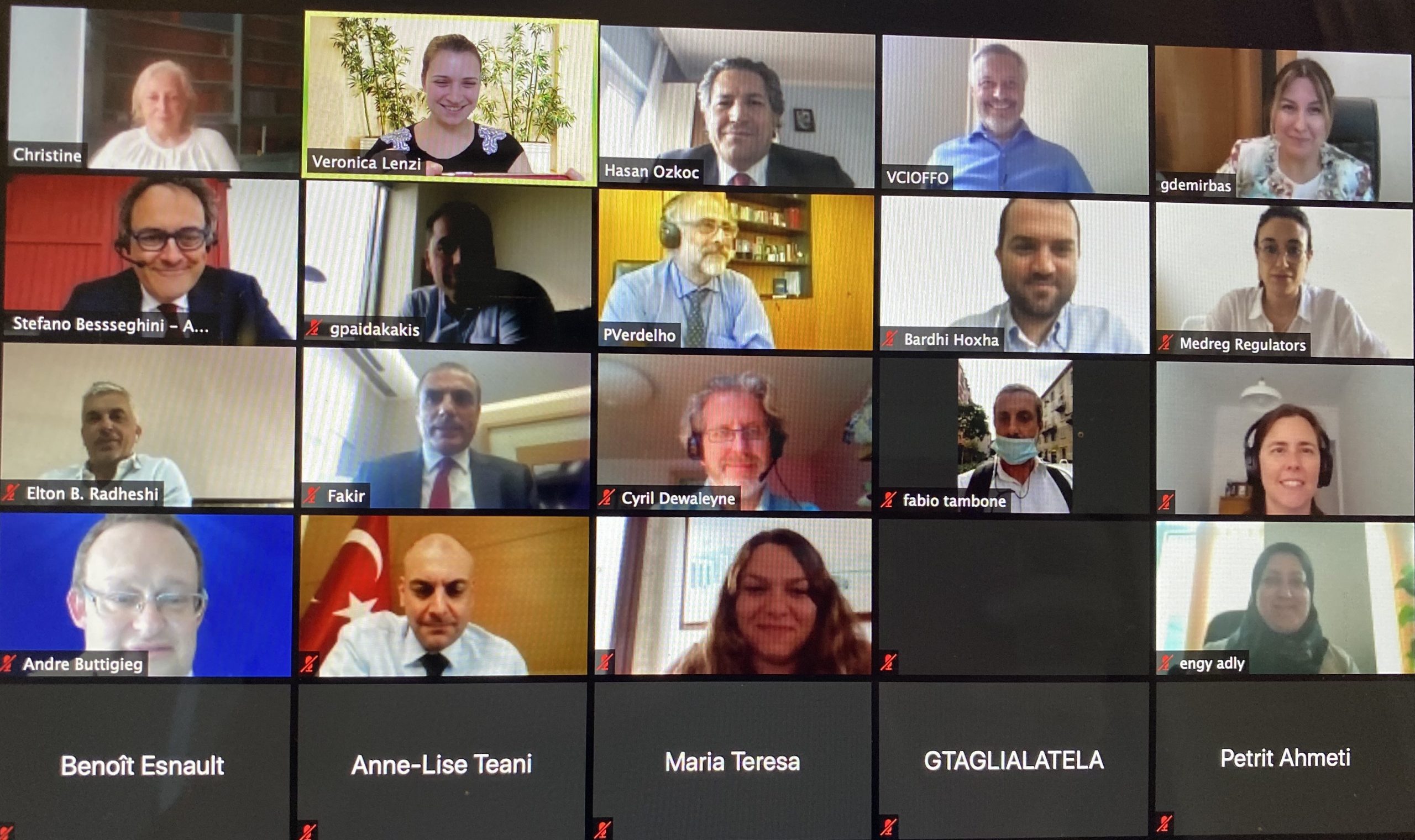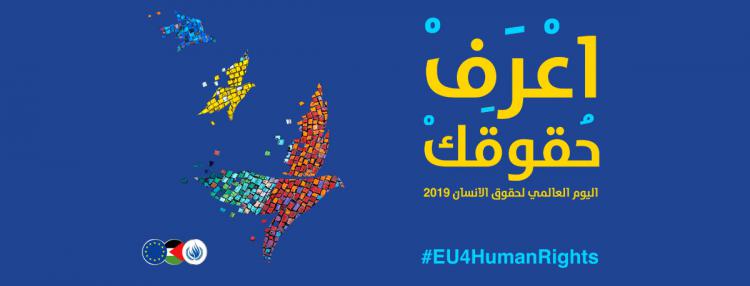Mediterranean migration route: European Parliament looks for long-term solutions

The European Parliament’s Civil Liberties Committee on 12 July held a hearing on search-and-rescue operations, relations between different actors including EU military vessels, Frontex staff and NGOs, the need to fight people smugglers, as well as cooperation with the Libyan authorities.
Most MEPs in the debate defended the work of NGOs from criticism that their presence and rescue interventions are encouraging perilous journeys, and even supporting human traffickers. Nevertheless, some MEPs agreed that a code of conduct was needed to create order in operations at sea.
Many voiced doubts about the cooperation with Libya, pointing to the political instability in the country, the unreliability of its authorities and the heightened risk of abuse and violence faced by migrants who are returned to its shores.
Finally, most MEPs considered that a longer-term solution is needed, with a well-functioning asylum system, based on fair burden-sharing by all member states, combined with legal ways for migrating to the EU as well as a strategy to address the root causes of migration in the countries of origin.
According to UNHCR data, 2,253 persons have died or gone missing trying to cross the Mediterranean Sea between 1 January and 30 June this year, almost all of them (2,171) in the Central Mediterranean route to Italy.
Read more




























 Syria
Syria 





